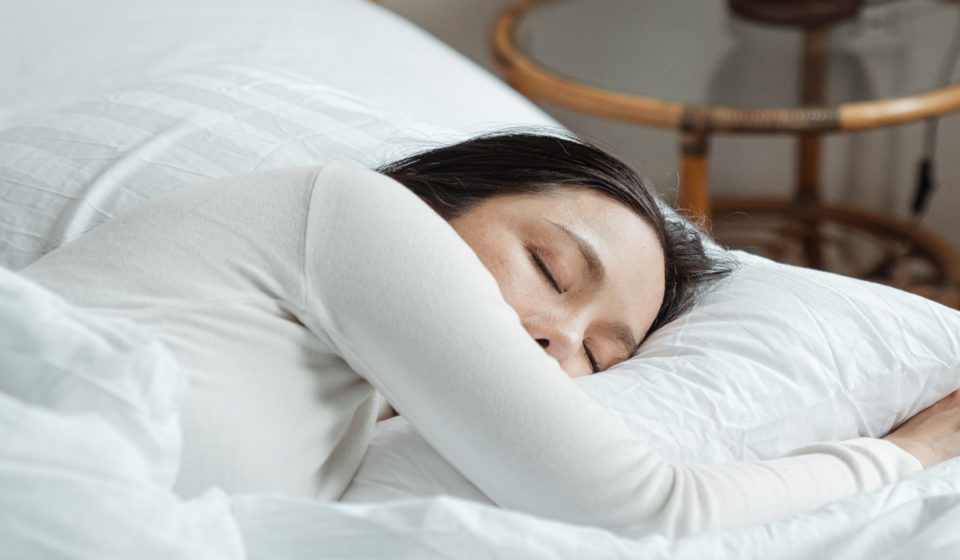We all know that sleep deprivation is bad for us as it is pivotal for our mental and physical health as well as quality of life. Proper sleep not only leaves you feeling refreshed and ready to take on the day, it improves learning, helps the heart and blood vessels repair themselves, promotes a healthy balance of hunger hormones, and aids the immune system. For most people, seven to nine hours of sleep each night is sufficient, though your age and activity levels.
But, on the other end of the gamut sleeping too much also appears to have some risks. Studies suggest that oversleeping can damage our body. What happens if we oversleep? While we may be tempted to sleep on weekends, experts believe it may be a sign of more serious health issues. Moreover, the desire to oversleep is now associated with mental health problems such as anxiety and depression.
For people who suffer from hypersomnia, oversleeping is actually a medical disorder. The condition causes people to suffer from extreme drowsiness throughout the day, which isn’t generally relieved by napping. It also causes them to sleep for unusually long hours of time at night. Many people with hypersomnia experience symptoms of anxiety, low energy, and memory problems as a result of their nearly constant need for sleep.
Impacts of Oversleeping
Oversleeping impacts your overall health and can have negative effects, just as a lack of sleep does. Researchers suggest that longer sleep:
- Worsens inflammation in the body
- Lower your energy levels
- Cause memory problems
- Creates a room for anxiety
- Decreases your immune function
- Can lead to chronic diseases
Both short and long sleep durations are associated with a number of health concerns and chronic diseases:
- Obesity
- Frequent mental distress
- Coronary heart disease
- Diabetes
- Stroke
- Headaches
- Backpain
How to prevent oversleeping?
Oversleeping can feed into habits that may lead to further oversleeping. For this reason, it is important to break the cycle and get back to a regular sleeping pattern. Below are some tips:
- Set a regular alarm
- Do not snooze the alarm
- Keep a bedtime routine
- Stay active
- Avoid lights around bedtime
- Avoid short naps
- Power down your devices
- Keep a sleep diary
- Take a sleep latency test
How much sleep does one require?
Studies have been conducted to find out ideal quantum of time a person needs to sleep per day according to their age. (Source: National Sleep Foundation)
- New-borns (0 to 3 months): 14 to 17 hours of sleep
- Infants (4 to 11 months): 12 to 15 hours of sleep
- Toddlers (1 to 2 years): 11 to 14 hours of sleep
- Pre-schoolers (3 to 5 years): 10 to 13 hours of sleep
- School-age children (6 to 13 years): 9 to 11 hours of sleep
- Teenagers (14 to 17 years): 8 to 10 hours of sleep
- Young adults (18 to 25 years): 7 to 9 hours of sleep
- Adults (26 to 64 years): 7 to 9 hours of sleep
- Older adults (65 years or older): 7 to 8 hours of sleep
Although occasionally oversleeping is not necessarily bad for health, the complications from regularly oversleeping may put a person at risk of other conditions. If your oversleeping is caused by an underlying health issue, treating the issue may help you start sleeping normally. Making lifestyle changes that address poor sleep habits may also help. Also, ask your doctor if there are medications that might work for you.
